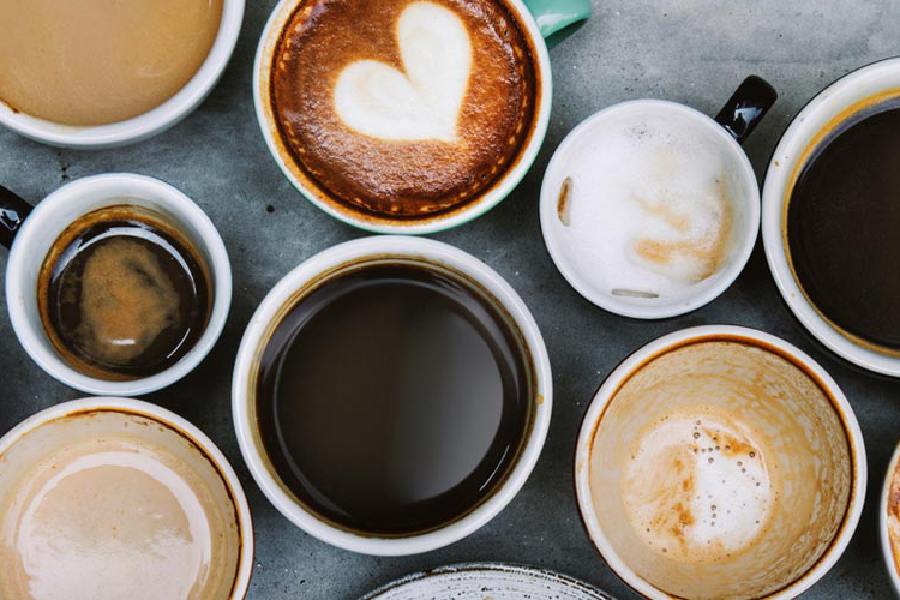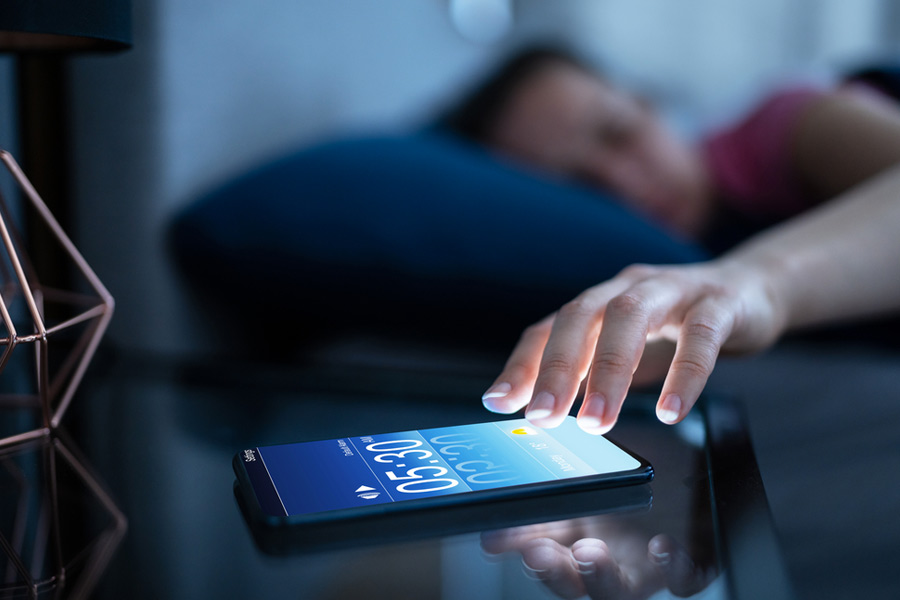Alcohol's sedative effects in the evenings can compensate for daytime coffee's stimulating effects, a study that peeked into the drinking habits and sleep patterns of 17 financial traders in New York has suggested.
The study’s findings on how the combined effects of coffee and alcohol influence sleep in people in real-world settings may explain the interdependent use of the two substances, researchers who conducted the study have said.
The interdependence may be viewed as "self-medication of evening sedation with alcohol to combat the prior daytime ingestion of caffeine and vice versa", neuroscience and psychology professor Matthew Walker at the University of California, Berkeley, and Frank Song, a student-researcher at the University of Washington, Seattle, wrote in their study.
Multiple earlier studies had established that caffeine can impair sleep quantity by delaying the ability to fall asleep and reducing sleep duration, while alcohol can disturb sleep quality by increasing mid-sleep awakenings and reducing sleep efficiency, while simultaneously inducing a sedative effect.
In line with such earlier observations, the researchers had expected to see alcohol and caffeine strengthen each other's negative effects on sleep quality and duration. "Instead, we found an unexpected interaction where the sedating effects of the evening alcohol could lessen the detrimental impact of daytime caffeine consumption,” Song told The Telegraph.
The study was published on Wednesday in the journal PLoS One.
The US researchers and sleep scientists not associated with the study have cautioned that the findings should not be interpreted to imply that alcohol consumption is a pathway to overcoming the negative effects of excessive caffeine consumption.
"Sleep is a complex phenomenon influenced by many factors — not just by coffee and alcohol," said Kamalesh Gulia, a sleep research scientist at the Sree Chitra Tirunal Institute of Medical Sciences and Technology, Thiruvananthapuram, who was not involved in the US study.
Walker and Song asked 17 financial traders in New York who volunteered for the study to document their daily consumption of caffeine and alcohol and time and score their sleep daily for six weeks. All the traders were males aged 23 to 44 years: female participants were not available as study candidates in the trading organisation, the researchers said.
“The individual effects of coffee and alcohol have been extensively studied, but this appears to be the first study that has looked into how the two interact in a set of people over several days,” said Manvir Bhatia, a neurologist and sleep medicine specialist at the Neurology and Sleep Centre, New Delhi, who was not associated with the US study.
The researchers say the follow-up over six weeks was critical to gaining insights into how the real-world practice of repeated cycles of coffee during the day and alcohol in the evening might influence sleep. The researchers selected traders for the study since they represent an occupation where degraded sleep quality can negatively impact performance.
The traders consumed on average 1.14 cups of caffeine a day and a three-fourth glass of alcohol. The study found that the 1.14 cup caffeine consumption lowered the duration of sleep on average by 11.8 minutes each night, translating into an hour of accumulated sleep debt each week. And alcohol lowered the subjective quality of sleep, without altering sleep duration.
But when evening alcohol consumption followed daytime caffeine consumption, the interaction between the two had a positive effect on sleep quality and quantity. The detrimental effect of caffeine on the amount of sleep was prevented, leading to a modest increase in sleep duration, compared with when they consumed caffeine alone, the study noted.
“We often see people who consume large amounts of caffeine and complain of poor sleep as well as people who use alcohol as a sleep aid,” said Bhatia, who is also the vice-president of the Indian Society for Sleep Research. “This study probes what we know is happening.”
Gulia said the findings “while interesting, need to be corroborated through a larger sample with better control and objectivity”.












